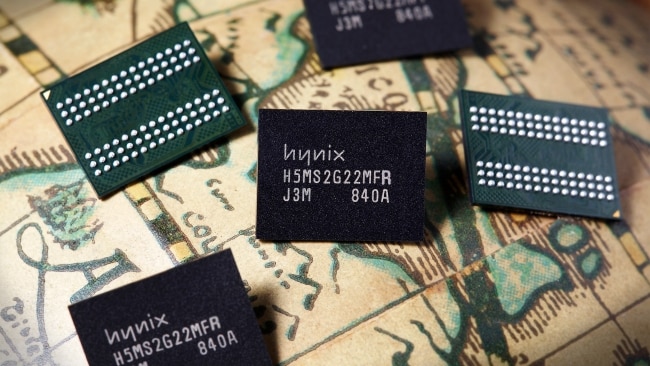Slater and Gordon to book full year loss of $1bn
Troubled law firm Slater & Gordon will book an annual loss of $1bn to cap a share price fall of nearly 90pc.

Troubled law firm Slater & Gordon says it will book a loss of more than $1 billion for the last financial year, a period marred by huge writedowns and a share price plunge of nearly 90 per cent.
The law firm (SGH) today said it will likely book a full year net loss after tax of $1.02 billion, with its results for the second half of the year likely to be an after tax loss of nearly $60m.
Slater in February notched a half-year loss of $958.3m after booking a more than $800m writedown on its troublesome UK acquisition.
Slater & Gordon bought Quindell’s professional services division in April last year in what was a $1.23 billion deal, later writing down $814.2m from the business now rebranded Slater Gordon Solutions.
The law firm has since been in negotiations with its bankers over restructuring plans following the $958.3m interim loss. The company recorded a negative cash flow of $62.5m for the first-half of this financial year.
The law firm’s lenders agreed to $840m of new facilities, with the structure giving the firm two years of breathing space before the first of the two tranches of loans matures in May 2018. Net debt at the end of the last financial year is expected to be $682.3m, thanks to a sharp drop in the pound after the Brexit vote.
Meanwhile in Britain, the law firm is considering closing a number of offices and offloading the Accident Claims Helpline business it bought from Quindell last year.
The law firm’s shares closed at 58c yesterday, a drop of around 90 per cent over the last 12 months.
“Slater and Gordon’s FY16 performance is a story of two different halves,” managing director Andrew Gretch said.
“The results for the first half were extremely disappointing and well below expectations. In the second half we have taken significant steps towards turning around the performance of the UK business,” he said.
“Whilst the UK performance improvement program is still in its early stages, the second half results indicate that our efforts are beginning to bear fruit.”


